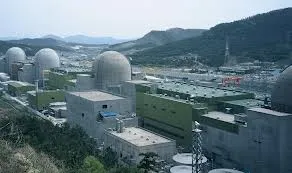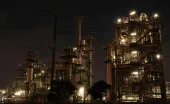
S. Korean gov't to overhaul policies on nuclear plants
The South Korean government hopes to enhance the safety of nuclear reactors by eliminating corruption.
It announced a set of measures following a series of unsavory scandals.
The move came after public confidence over the safety of nuclear power plants plunged dramatically from 71 percent in January 2010 to 34.8 percent at the end of last year, according to South Korea's Ministry of Knowledge Economy.
Industry observers blame the series of malfunctions at nuclear reactors in recent months which were later proven to be linked with lax safety checks and corruption concerning maintenance work involving officials of the Korea Hydro and Nuclear Power. Two nuclear reactors were confirmed to have used falsely certified components for the past 10 years.
To ensure the quality and authenticity of materials and parts, the government will immediately ban any independent purchase of parts by each power plant and require the KHNP to set up its own procurement office to lessen its dependence on contracted suppliers.
To improve the safety of existing nuclear reactors, the government will "significantly extend" the duration of the regular maintenance period from the current 30 days, it added.
It will also rewrite its manual to focus on finding the root cause of any mechanical problem at nuclear reactors as the focus currently remains on restarting the suspended reactors as quickly as possible by replacing any parts that caused problems.
Korea currently operates 23 nuclear reactors that supply about 30 percent of the nation's entire electricity consumption. It plans to build an additional 16 plants by 2030.
For more.



















 Advertise
Advertise







